Explore various natural herbs for anxiety such as lavender, chamomile, valerian root, passionflower, kava, ashwagandha, lemon balm, and rhodiola, and learn how they can help manage anxiety symptoms.
Hey its Mitch, today we’re going to take a look at some herbs that can help in the day to day hustle and bustle of modern life. It’s all too easy to find ourselves overwhelmed by stress and anxiety. From looming deadlines to personal pressures, the demands of daily life can take a toll on our mental well-being. As someone who has personally grappled with anxiety, I’ve explored various avenues for relief, including the use of natural herbs. In this article, I’ll delve into the world of herbal remedies, shedding light on some of nature’s most potent allies in the battle against anxiety. For a list of other herbs and spices I have another article here it won’t take you away from this one. Check it out

Understanding Anxiety:
Before diving into the realm of herbal remedies, it’s crucial to understand what anxiety is and how it manifests. Anxiety is a complex emotional state characterized by feelings of apprehension, worry, and nervousness. While it’s a normal response to stress, chronic or excessive anxiety can interfere with daily functioning and diminish overall quality of life.
Anxiety is a common human experience, characterized by feelings of worry, fear, and unease. While it’s a normal response to stress, excessive anxiety can interfere with daily life. In this article, we’ll explore anxiety, its causes, symptoms, and natural herbs that may offer relief.
What is Anxiety?
Anxiety is a natural response to perceived threats or stressors, triggering a range of physical, emotional, and behavioral symptoms. While occasional anxiety is normal, persistent anxiety may indicate an anxiety disorder, such as Generalised Anxiety Disorder (GAD), Panic Disorder, or Social Anxiety Disorder. For more info on anxiety head over to this more detailed version at Wikipedia.
Causes and Symptoms
Several factors contribute to anxiety, including genetics, brain chemistry, stress, and medical conditions. Symptoms vary but often include physical sensations like rapid heartbeat and sweating, along with emotional symptoms such as worry and irritability.
Coping Strategies
Managing anxiety involves various coping strategies, including mindfulness, regular exercise, and therapy. Medications may also be prescribed in severe cases. Additionally, natural herbs have gained popularity for their potential calming effects on anxiety symptoms.
Traditional Approaches vs. Herbal Remedies:
While traditional approaches to anxiety management, such as therapy and medication, are valuable tools, many individuals seek alternative or complementary methods to alleviate their symptoms. Herbal remedies offer a natural, holistic approach to anxiety relief, harnessing the power of plants that have been used for centuries in traditional medicine systems around the world. I also have an article on setting up a Herb Garden for beginners here, grow all your own herbs easy.
Lavender: A Fragrant Antidote to Anxiety
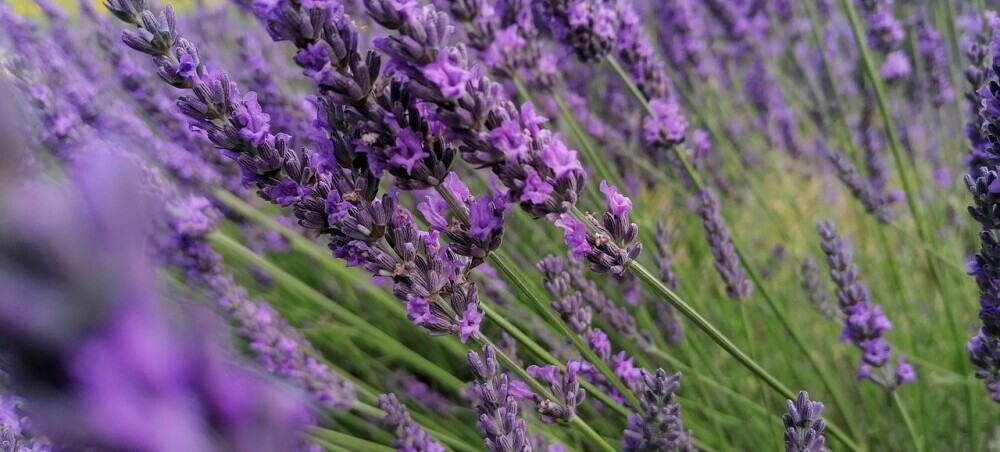
One of my go-to herbs for anxiety relief is lavender. Known for its soothing fragrance and calming properties, lavender has been used for centuries to promote relaxation and alleviate stress. Whether in the form of essential oil, dried herb, or tea, lavender offers a gentle yet effective way to ease anxious thoughts and promote a sense of tranquility. I often diffuse lavender essential oil in my home or add a few drops to my bath to create a calming atmosphere after a long day.
Chamomile: Nature’s Stress Reliever

Another herb that holds a special place in my anxiety-relief toolkit is chamomile. This daisy-like plant has a long history of use as a natural remedy for anxiety and insomnia. Rich in flavonoids and antioxidants, chamomile possesses mild sedative properties that can help soothe frazzled nerves and promote restful sleep. I enjoy sipping on a warm cup of chamomile tea in the evening to unwind and ease into a peaceful state of mind.
Valerian Root: Tapping into Tranquility
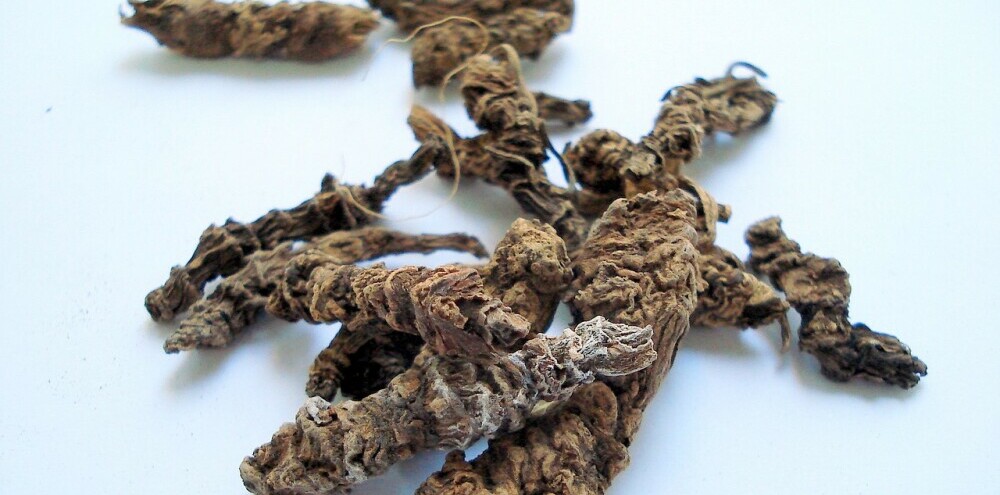
Valerian root is a potent herbal remedy that I turn to when anxiety threatens to overwhelm me. This herb has been prized for centuries for its sedative effects and ability to promote relaxation. Whether taken in supplement form or brewed into a tea, valerian root can help quiet racing thoughts and induce a sense of calm. I find that incorporating valerian root into my nighttime routine helps me unwind and prepare for a restful night’s sleep.
Passionflower: Finding Serenity in Nature
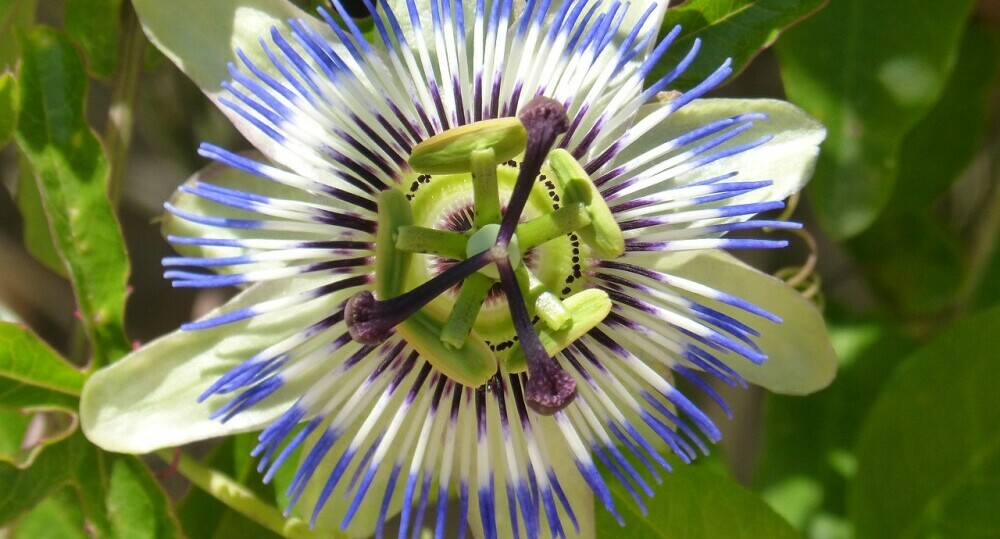
Passionflower is another herbal ally that I’ve found to be effective in managing anxiety. Native to the Americas, this beautiful flowering vine has long been used in traditional medicine to alleviate nervousness and promote relaxation. Passionflower contains compounds that act on the central nervous system, helping to ease tension and reduce anxiety symptoms. I often brew passionflower tea when I’m feeling particularly stressed or anxious, finding solace in its gentle embrace.
Kava: Unlocking the Power of Pacific Relaxation

Kava, derived from the root of the Piper methysticum plant native to the South Pacific, is renowned for its potent anxiety-relieving effects. Traditionally used in ceremonies and social gatherings, kava induces a sense of calm and relaxation without impairing cognitive function. While kava should be used cautiously due to potential liver toxicity with long-term use, I’ve found it to be a valuable tool for acute anxiety relief on occasion.
Ashwagandha: Embracing Adaptogenic Support
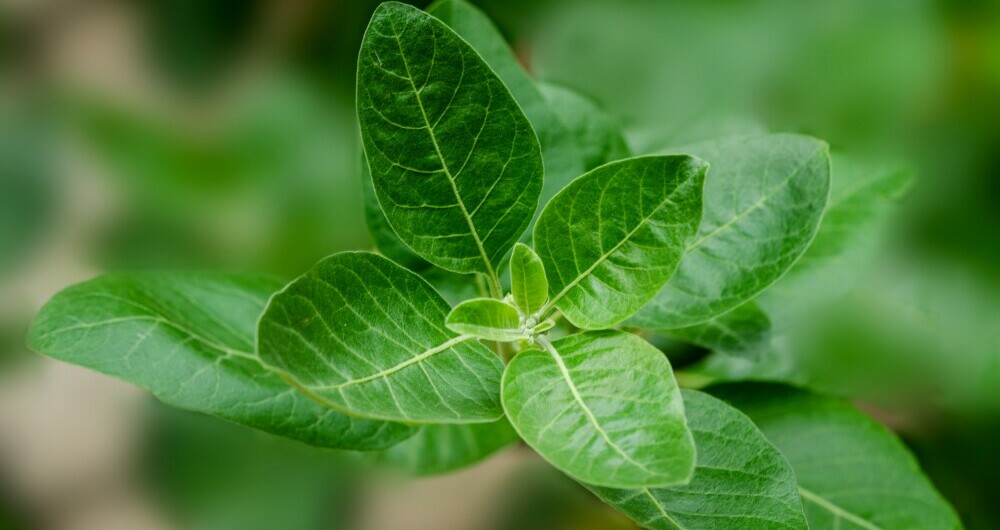
Ashwagandha, also known as Indian ginseng or winter cherry, is an adaptogenic herb prized for its ability to help the body adapt to stress. This ancient Ayurvedic remedy has gained popularity in recent years for its anxiety-reducing effects and mood-enhancing properties. By modulating the body’s stress response and balancing cortisol levels, ashwagandha can help promote a sense of calm and emotional well-being. I incorporate ashwagandha into my daily routine in supplement form to support my overall resilience to stress.
Lemon Balm: Brightening the Mind and Spirit
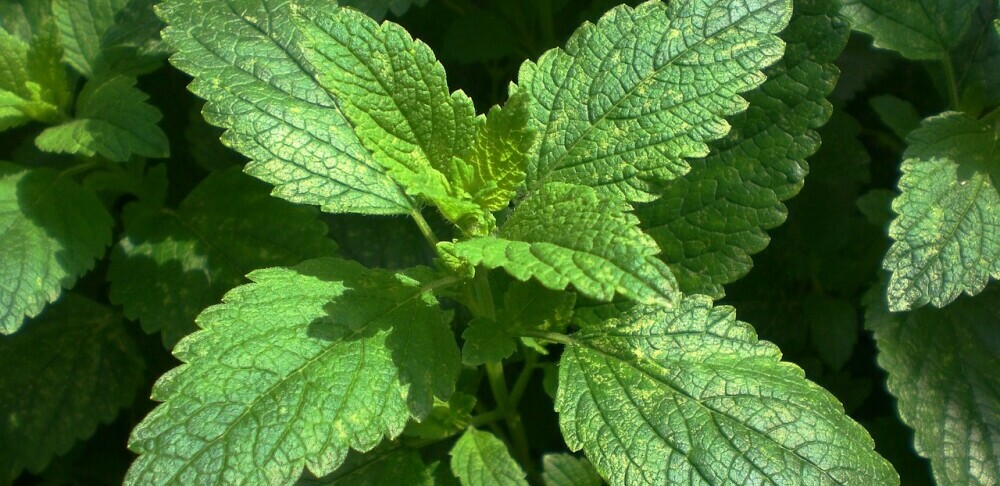
Lemon balm, a member of the mint family, is another herb that I turn to for anxiety relief. With its bright, citrusy aroma and mild sedative effects, lemon balm offers a refreshing antidote to stress and tension. Whether enjoyed as a soothing tea or added to homemade bath products, lemon balm helps uplift the spirits and quiet anxious thoughts. I often brew a cup of lemon balm tea during moments of heightened stress, allowing its calming influence to wash over me.
Rhodiola: Nurturing Resilience from Within
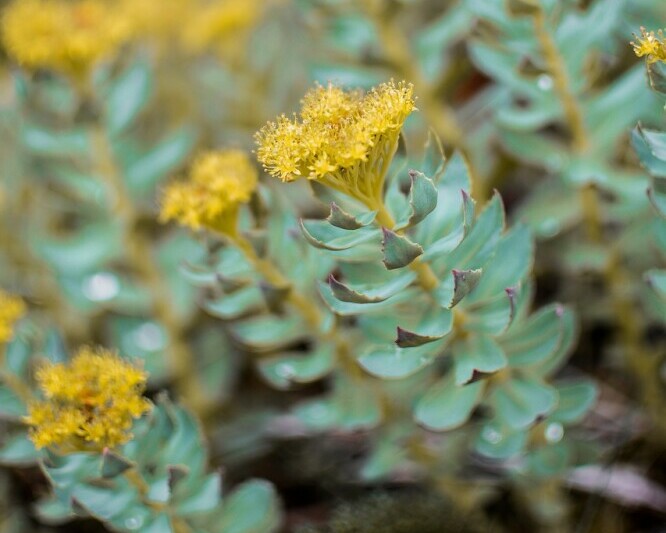
Rhodiola rosea, also known as golden root or arctic root, is an adaptogenic herb that thrives in harsh mountain environments. Revered for its ability to enhance resilience to stress and promote mental clarity, rhodiola offers a natural solution for managing anxiety and fatigue. By supporting the body’s stress response system and increasing the production of neurotransmitters like serotonin and dopamine, rhodiola helps foster a sense of calm and emotional balance. I’ve found rhodiola particularly helpful during times of prolonged stress or when facing challenging circumstances.
Conclusion:

You could also check put these Medicinal Herb Garden Kits which you could use for a wide range of health benefits. Also a great way to get started with everything you need.
In the journey to manage anxiety, exploring natural remedies can offer a holistic approach that nurtures both body and mind. From the calming fragrance of lavender to the adaptogenic support of ashwagandha, nature provides a rich tapestry of herbal allies to guide us on our path to emotional well-being. While individual responses to herbal remedies may vary, incorporating these natural herbs into your daily routine can help cultivate a sense of calm, resilience, and inner peace in the face of life’s challenges. As with any wellness practice, it’s essential to listen to your body, consult with a healthcare professional, and honour your unique needs and preferences on the journey to optimal well-being. Leave us a comment with any questions?
Thanks
Mitch
Follow to stay up to date with new posts!

Our website contains affiliate links. This means if you click and make a purchase, we may receive a small commission. Don’t worry, there’s no extra cost to you. It’s a simple way you can support our mission to bring you quality Gardening Tips.
Last Updated on February 12, 2025 by Mitch

